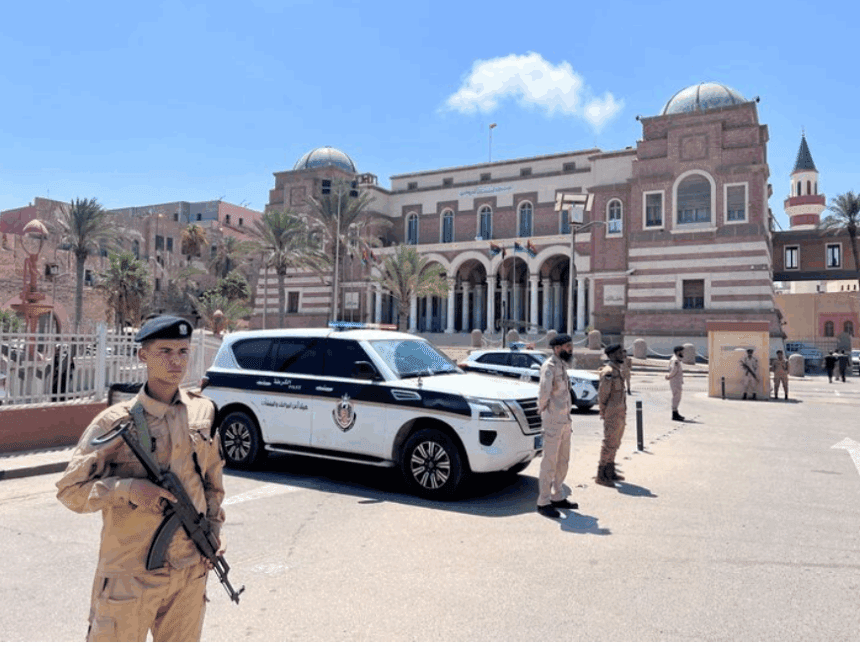Libya is entering a critical phase as the United Nations has outlined a detailed roadmap for elections and the unification of the country’s fragmented institutions. The initiative follows municipal polls held on August 16, where voter participation was notably high despite logistical and security challenges.
At the same time, regional dynamics are shaping Libya’s political future. A Bloomberg report suggested that eastern Libyan authorities are considering ratification of the 2019 maritime memorandum of understanding (MoU) signed between Turkey and the Tripoli-based Government of National Accord. The prospect of ratification has drawn attention in Greece, which views the agreement as directly affecting its maritime interests.
UN Roadmap and Municipal Elections
UN Special Envoy and head of the UN Support Mission in Libya (UNSMIL), Hanna Tetteh, welcomed the recent municipal elections, highlighting the 71% turnout as evidence of Libyans’ strong interest in democratic participation. For many municipalities, it was the first time in more than a decade that residents were able to cast their votes.
The voting process faced disruptions. Authorities in the east suspended elections in 16 municipalities on polling day and had previously banned voting in 11 others, including Benghazi and Tobruk. In the west, election offices were targeted in arson attacks, though electoral staff improvised to ensure polling continued.
UNSMIL also reported on consultations held nationwide. Of more than 22,500 responses collected, 42% supported simultaneous presidential and parliamentary elections, 24% backed the creation of a new assembly, 19% emphasized drafting a permanent constitution, and 12% favored parliamentary elections only. Women and youth participated in significant numbers, calling for representation and safeguards.
Tetteh presented a three-pillar roadmap to the Security Council: establishing a credible electoral framework, consolidating institutions under a unified government, and creating an inclusive dialogue to address underlying causes of conflict. The process is expected to unfold over 12–18 months, with steps including reconstituting the electoral commission, revising the legal framework, and strengthening security and economic management.
The envoy also noted that a ceasefire in Tripoli has held since May, though the security situation remains fragile. Concerns were also raised about reported deaths in custody, including that of activist Abdel Munim al-Maremi, and about conditions facing refugees, particularly Sudanese in the southern city of Kufra.
Maritime Accord Under Consideration
Alongside domestic developments, Libya’s parliament in the east is weighing whether to approve the 2019 Turkey–Libya MoU on maritime boundaries. The agreement was originally signed with the Tripoli government but has remained unratified due to opposition in the east. Approval would open the door for Turkish energy companies to conduct offshore exploration.
The deal has been a source of regional dispute. Greece argues that it does not reflect international maritime law and disregards the rights of Greek islands. Turkey, in contrast, views it as a legitimate bilateral arrangement. The European Union has previously expressed concern, while other neighboring states have also monitored the issue closely.
Earlier this week, the Turkish frigate Kinaliada made visits to both Tripoli and Benghazi, signaling Ankara’s outreach to all sides of Libya’s divided political landscape.



